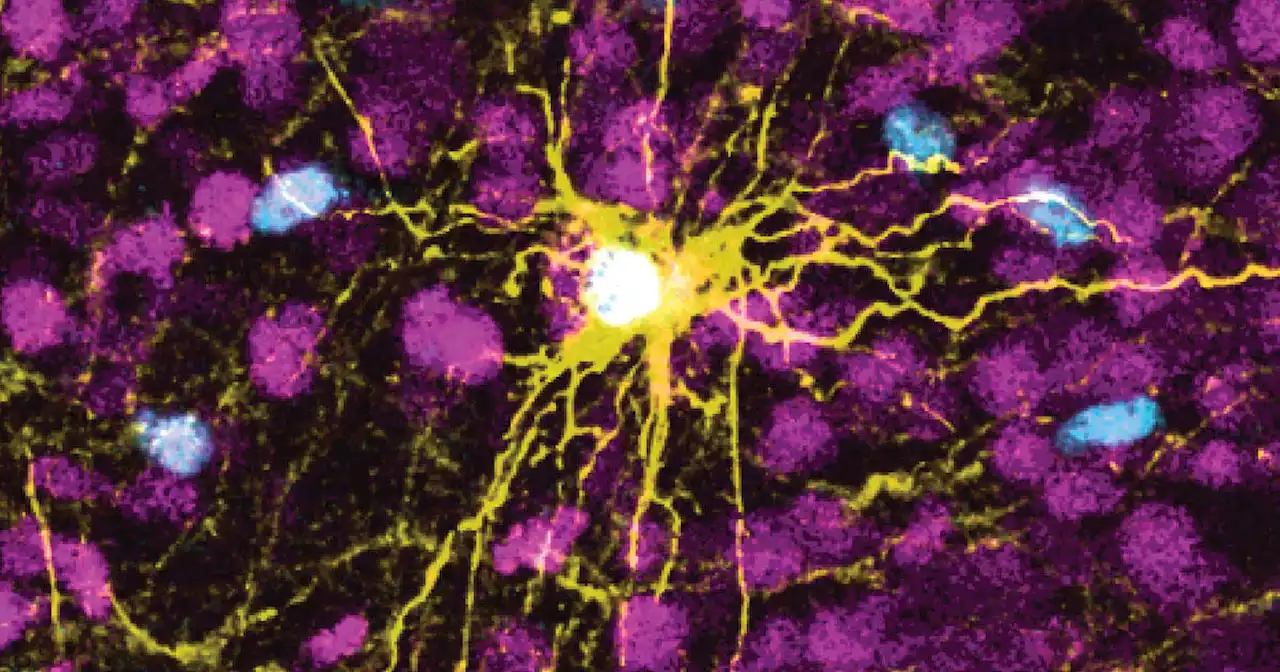Researchers at the Mayo Clinic evaluated about 90,000 messages between doctors and their patients and found differences in patients' responses based on the doctor's gender and area of practice
In this May 27, 2020 file photo, medical personnel adjust their personal protective equipment while working in the emergency department at NYC Health + Hospitals Metropolitan in New York.In this May 27, 2020 file photo, medical personnel adjust their personal protective equipment while working in the emergency department at NYC Health + Hospitals Metropolitan in New York.Researchers at the Mayo Clinic analyzed about 90,000 messages between 1,092 doctors and nearly 15,000 of their patients.
Women doctors were twice as likely than their male counterparts to be called by their first names, and osteopathic doctors were twice as likely to be called by their first names than doctors with M.D. degrees. Additionally, primary care physicians were 50% more likely to be referred to by their first names than specialty doctors.Women patients were 40% less likely to use their doctors' first names.
Researchers analyzed patient and doctor demographics, such as age and gender, but did not account for"potential cultural, racial, or ethnic nuances in greeting structure," they said. They also did not measure whether a physician prefers to be called by their first name or not. Messages were evaluated by a natural language processing algorithm.
United States Latest News, United States Headlines
Similar News:You can also read news stories similar to this one that we have collected from other news sources.
 CNN’s new morning show has a name and a start date, three new hostsCNN says it will debut its new morning show on Nov. 1, before a new set is even built but with a new name, to get it in front of viewers a week before the midterm election.
CNN’s new morning show has a name and a start date, three new hostsCNN says it will debut its new morning show on Nov. 1, before a new set is even built but with a new name, to get it in front of viewers a week before the midterm election.
Read more »
 Hotter days bring out hotter tempers, research findsStudies add to the literature showing how people act out aggressively when it’s hot.
Hotter days bring out hotter tempers, research findsStudies add to the literature showing how people act out aggressively when it’s hot.
Read more »
 Scientists transplant human brain cells into the brains of baby ratsScientists have transplanted human brain cells into the brains of baby rats, where the cells grew and formed connections, according to new research.
Scientists transplant human brain cells into the brains of baby ratsScientists have transplanted human brain cells into the brains of baby rats, where the cells grew and formed connections, according to new research.
Read more »
